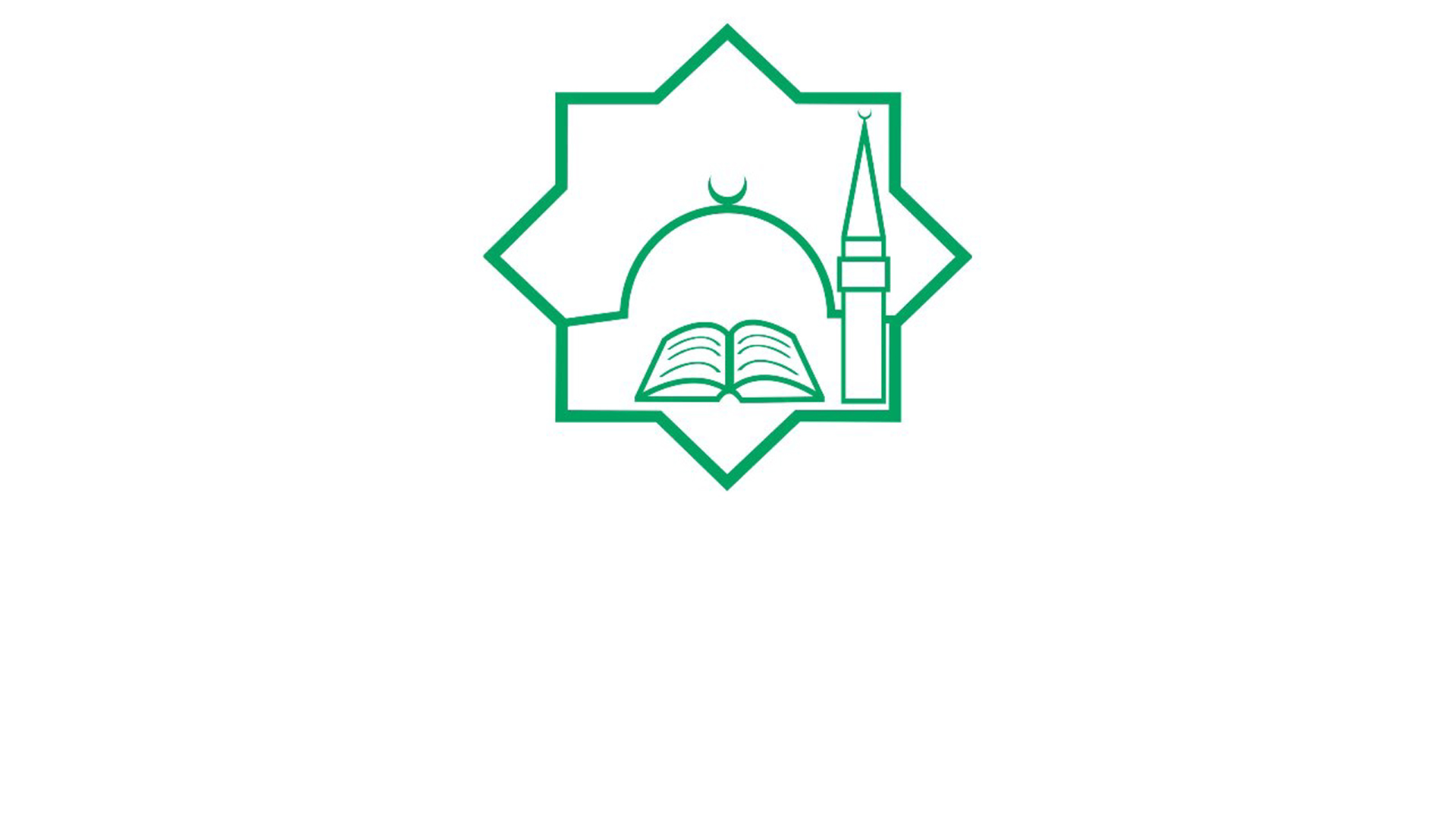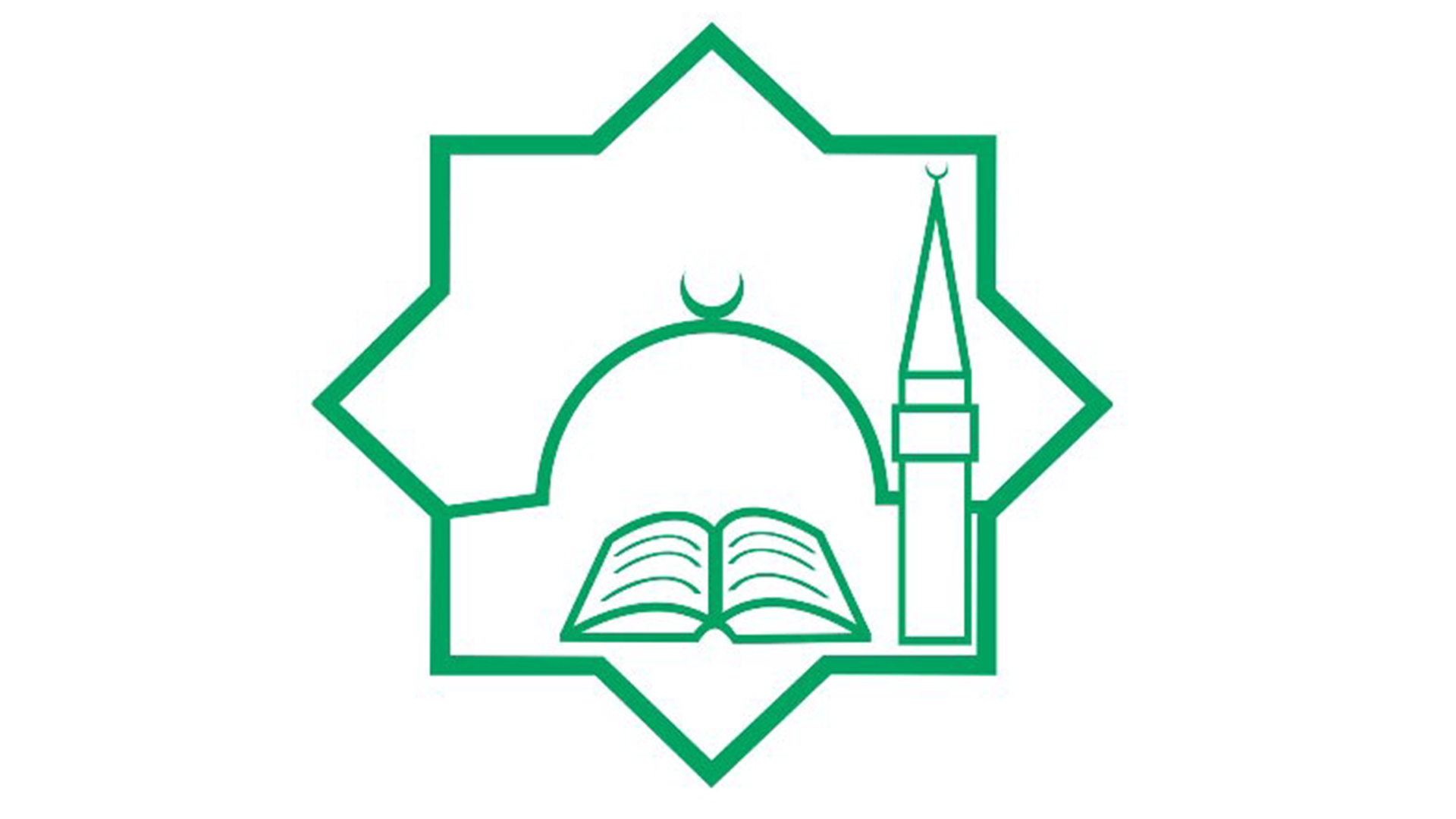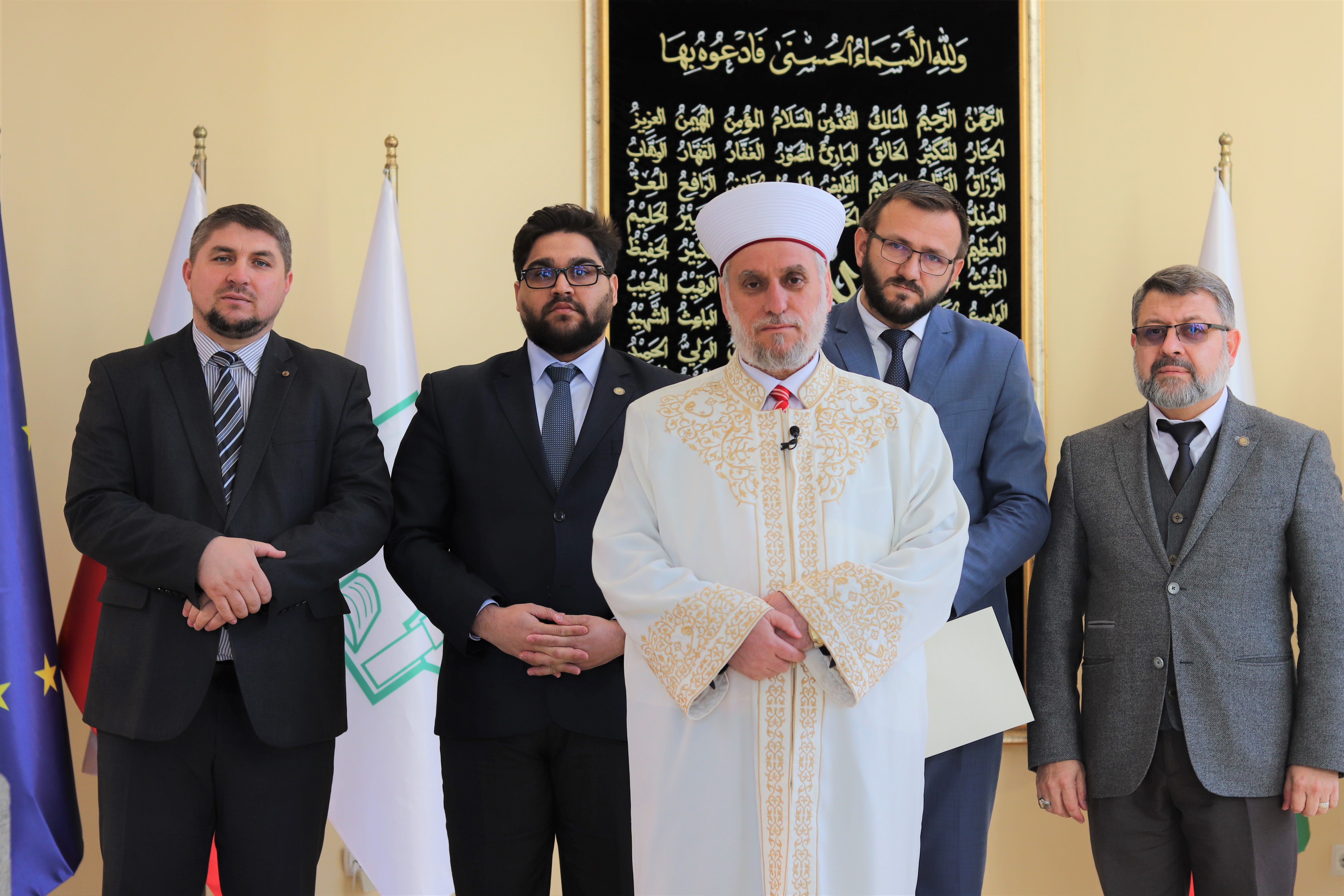News

Address of Grand Mufti’s Office to the Muslim community on the occasion of the declared state of emergency in the country
16 March 2020

Dear media representatives, the Committee on Fatwa (legal-religious affairs) at the Supreme Muslim Council, after discussing the question about performing the Friday prayer, as well as the other regular congregational prayers (the common prayers), found it necessary to make the following statement in connection with the pandemic of the new type of coronavirus, declared by the World Health Organization as a global epidemic for which there is still no treatment and caused the death of thousands of people.
According to the information provided by the competent authorities, the new type of coronavirus is rapidly spreading from person to person and turns into an epidemic for a very short time. Because the virus is not detected in its initial transmission, people who carry the decease are a great danger to the other people who are in the same environment. Places where a large number of people are concentrated are a very suitable environment for spreading the decease and this creates a high risk to turn the decease into epidemic. With the increase of the number of the cases in our country, the National Assembly decided on a state of emergency. Taking into consideration the current situation, it is clear that the risk of spreading the virus can increase if prayers in congregation (jammat) are continued to be performed in the mosques and masajids. In terms of this, Islam, one of the main objectives of which is to protect human life, never allows practices that threaten human life.
In this context the Prophet Muhammad (pbuh) preached the following: “If you hear that it (the plague) is in a land, do not go there, and if it breaks out in a land where you are, do not leave it.” Emphasizing the need for people to be cautious about epidemic deceases, the Prophet (pbuh) stressed the importance of enforcing quarantine. Furthermore, the Prophet noted the importance of terminating the contacts of people with infectious deceases with healthy people. In this regard we are aware of the existence of practices for performing prayers at home in cases when it is difficult and dangerous to join the jamaat (the congregational prayer), due to nature disasters or epidemics.
The Islamic scholars, on the basis of the abovementioned knowledge and practices, obtained in the age when the Prophet (pbuh) and his companions lived, state that in order to attend collective prayers together with the congregation, we must be healthy, and also that it is necessary not to be a threat to anyone during a prayer. Taking into consideration the above-mentioned circumstances, until the lifting of the state of emergency, we made the following decisions:
1. Based on the verse (revelation it the Holy Qur’an): “Do not expose yourself through your deeds to perdition” and the narration (hadith) saying that: “It is forbidden to cause harm and to respond to the harm by harm”, performing the Friday (Jumu’ah) prayer until the lifting of the state of emergency is not fard (obligatory), but makruh (disliked), and instead of Jumu’ah prayer (Friday prayer) noon prayer shall be performed at home.
2. The mosques remain open all the time and the call for the five-time prayer is obligatory to be read, but people must enter the mosque after the adhan is read.
3. Sick people and people above 60 years old must not visit the mosques.
4. It is not allowed people to gather for reading mawlid, lectures, and other events till the lifting of the state of emergency.
5. Cleaning and disinfection are obligatory, even if the disinfectant contains alcohol.
6. In case that there is a janazah (death), the imam must take safety measures and the people who participate in the funeral must keep distance from the janazah (the deceased) and from each other, and during the janazah prayer the rows must be with a distance of two meters from each other.
7. The compliance with the quarantine is a fard obligatory for those who are infected or suspected of being infected, based on the hadith (narration): “If you hear that it (the plague) is in a land, do not go there, and if it breaks out in a land where you are, do not leave it.”
8. The situation in which we are in any case must not be underestimated and must also not be a reason for panic and neglecting the religious obligation. The situation requires from the Muslims to undertake the necessary measures then to trust Allah and to make dua (supplication) for the life and the health of all the people, and for healing the sick ones. May Allah protect our Homeland!